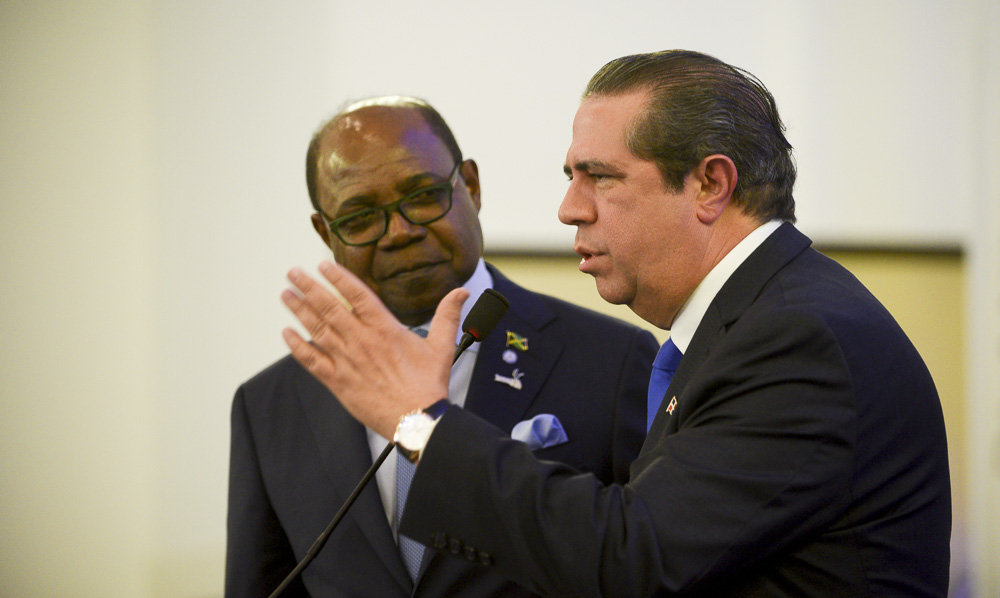This post may contain affiliate links. We may earn money or products from the highlighted keywords or companies or banners mentioned in this post.

The Zimbabwe Council of Tourism (ZCT) is asking the government to reduce the value added tax (VAT) charged on foreign accommodation in the country. The increased tax is expected to result in 75% decline in Zimbabwe tourism numbers.
The crisis of the tourism industry in Zimbabwe started last year when the government imposed a 15% VAT on the accommodation for foreign tourists as a way of raising money to fund the country’s expenditures.
However, instead of raising revenue for the government, the VAT increase has led to the decline in the number of tourists coming to the country, while affecting the industry’s profit.
According to Paul Matamisa, ZCT’s chief executive, the VAT charge has caused a drop in the number of foreign tourists, and at the same time, affected the profitability of the sector, as some of the players in the industry opted to absorb the charge themselves so as to remain competitive.
Speaking further on the issue of the VAT charge, Matamisa stated that the current VAT charge was very high and should be reduced to the original 5% to make sure that the Zimbabwe tourism industry does not experience a drop in the arrivals, and at the same time, businesses operating in the industry gain profits.
This view is in line with a research conducted by the Zimbabwe Council of Tourism, which revealed that the country would experience a 75% drop in the number of foreign tourists and lose up to $124 million per year if the current VAT charge is not reviewed.
The impending crisis could further worsen the situation for the Zimbabwe tourism industry, which has been struggling to get back on track for more than a decade after the country was hit by a hyperinflation crisis in 1999. Players in the tourism sector are therefore concerned that the few gains that have been achieved by the industry could be reversed.
Nonetheless, there is a hope for the sector, as the government has responded to the calls for the reduction of VAT by offering a sliding scale solution. In the proposal, the government suggests that the industry charges a VAT of between 0% and 15%, depending on the currency used to pay for the accommodation, with the most preferable one being the South African Rand.
However, some of the players in the industry are still concerned with the proposal, especially with the SA Rand being given preference. According to Matamisa, most of the foreign tourists visiting the country are from Europe and the USA, and thus offering incentives to the South African market will be a tricky situation.
Matamisa is therefore suggesting an all-inclusive approach to coming up with the VAT to be charged so as to ensure that the main markets for Zimbabwe tourism industry are not left out.
The government seems open to the suggestion, with the country’s Hospitality and Tourism minister, Walter Mzembi, saying that they will also consider other currencies and not just the SA Rand, which he hopes will help to motivate the use of foreign currencies. He further stated that the initial review that gave preference to the SA Rand was meant to motivate the industry to start using the Rand. The proposal is currently being reviewed by the players in the industry and it might soon come into play once the government receives a response.










